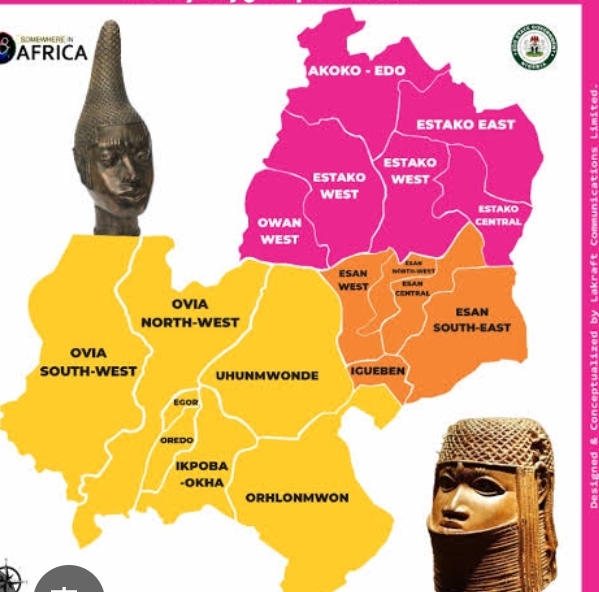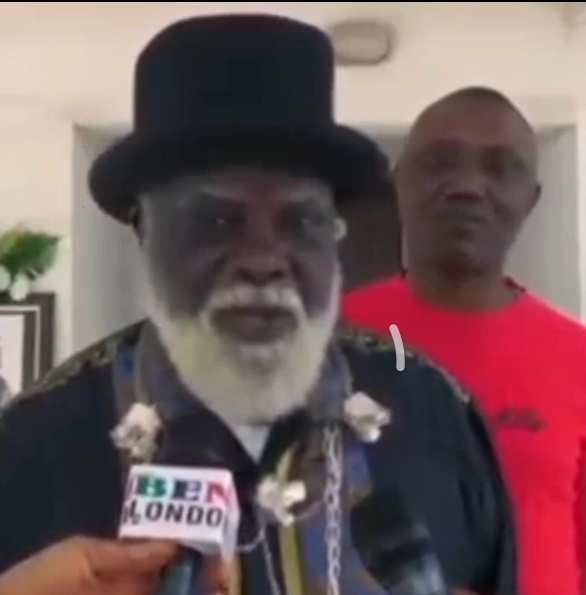News
Panama Papers law firm boss, Ramon Fonseca is dead

By Francesca Hangeior
Panamanian lawyer Ramon Fonseca, one of the heads of the now-defunct law firm Mossack Fonseca that was at the epicenter of the global “Panama Papers” scandal, died while awaiting sentencing in his money-laundering trial, his lawyer said Thursday.
During the night Fonseca “died while hospitalized”, a member of his legal team told AFP, adding that the health concerns were “why he did not attend the trial” that opened on April 8.
No further details were given about the cause of death of Fonseca, 71, who died in hospital in Panama City.
Documents leaked from Mossack Fonseca, which were published in 2016, revealed how many of the world’s wealthy stashed assets in offshore companies, triggering scores of investigations around the globe.
Prosecutors had requested a sentence of 12 years in prison for the firm’s two founders, Fonseca and his colleague Jurgen Mossack, whose money-laundering hearing ended on April 19.
The pair were on trial alongside more than two dozen others, mainly former employees. Fonseca did not attend the hearings.
The prosecution accused Mossack and Fonseca of “concealing, covering up and providing false information to banks for the opening of accounts and concealing ownership of assets.”
The pair was also alleged to have “received and transferred funds from illicit activities in Germany and Argentina.”
The trove of 11.5 million leaked files implicated influential figures including billionaires, politicians and sports stars.
Many of those caught up in the scandal put forward reasons to explain their offshore presence and said they did not act illegally.
Even so, Mossack Fonseca said in 2018 that it would close due to “irreparable damage” to its reputation.
News
Tension In Edo Community As Gunmen Abduct Catholic Priest, Seminarian

By Kayode Sanni-Arewa
There’s fear in Iviukhua community, Etsako East Local Government Area of Edo State following the abduction of a Catholic priest and a seminarian by unidentified gunmen.
Rev. Fr. Philip-Mario Ekweli, the Parish Priest of St. Peter’s Apostle Catholic Church, and Bro. Peter Andrew, a seminarian, were reportedly kidnapped Monday night when assailants stormed the church premises.
The attack, which occurred around 10:30 pm, has left residents in a state of fear and anxiety.
As of Tuesday morning, no group has claimed responsibility of the incident, and there has been no word from the kidnappers regarding their demands.
Reports say local authorities and security forces have launched an investigation and are actively working to secure the release of the victims.
The abduction has ignited widespread concern among the Christian community and beyond, with many decrying the worsening security situation in the community.
According to a source, due to this negative incident, members of the Catholic Diocese of Auchi, to which the parish belongs, have intensified prayers for the safe return of the clergymen, while community leaders have called for urgent intervention by security agencies.
Contacted, the Edo State Police Public Relations Officer, (PPRO), Moses Yamu said a press statement would be released soon regarding the incident.
News
Police clarifies on death of ex-NIS boss, says his body was found in hotel

By Kayode Sanni-Arewa
hotel after receiving a female.
The police further explained that he did not die in the hands of kidnappers as widely reported by the media.
This was contained in a statement signed by SP Josephine Adeh, spokesperson of the command stating that:
“In light of the recent reports alleging that retired Comptroller General of the Nigerian Immigration Service, David Shikfu Parradang, was kidnapped and subsequently killed, we wish to clarify the facts surrounding this incident to ensure accurate information is disseminated to the public.
On March 3, 2025, at approximately 12:00 PM, Mr. Parradang arrived at Joy House Hotel, Area 3 Junction, driving a black Mercedes Benz. He checked into the hotel, paying a sum of Twenty two thousand naira (N22,000) for one night’s stay.
Shortly thereafter, he directed the hotel room attendant to escort a female guest who had come to visit to his room.
This lady left the hotel premises around 04:00PM of the same day.
Mr. Parradang did not exit his room after the lady left. Around 04:00 AM of 04 March 2025, a friend who is a military officer, concerned for his wellbeing, traced him to the hotel.
Upon arrival, the hotel receptionist and the officer proceeded to his room, where Mr. Parradang was found deceased, seated in a chair.
The Durumi Police Station was notified and officers promptly arrived at the scene, secured the area, took photographs, and collected all relevant evidence to preserve the integrity of the crime scene.
The body has been transferred to the National Hospital for necessary procedures, and hotel staff are currently cooperating with Police investigations.
Effort is in top gear to effect the arrest of the lady.
We urge the public and media outlets to refrain from spreading unverified information, including claims of kidnapping, that may incite fear or panic.
The FCT Police Command is committed to conducting a thorough investigation to uncover the circumstances surrounding Mr. Parradang’s death. We appreciate your cooperation and understanding as we work to ensure justice is served.
News
Reps Summon Labour Minister Over Failure To Constitute NSITF Board

-

 News23 hours ago
News23 hours agoOba Akamo denies conferring king of street title on Portable
-

 News24 hours ago
News24 hours agoReps Approve N250bn SEDC Budget
-

 News7 hours ago
News7 hours agoS#exual harassment: Akpabio has no right to intimidate elected female senators
-

 Politics16 hours ago
Politics16 hours agoLP snubs NLC interference, turns down merger
-

 Metro16 hours ago
Metro16 hours agoPolice rescue abducted officer in Abuja
-

 News23 hours ago
News23 hours agoAfter Dangote’s price slash, NNPC Ltd follows suit reduces petrol price
-

 Entertainment6 hours ago
Entertainment6 hours agoSad! Dolly Parton’s husband Carl Dean is dead
-

 Foreign16 hours ago
Foreign16 hours agoPope suffers two respiratory crises, undergoes emergency treatment







